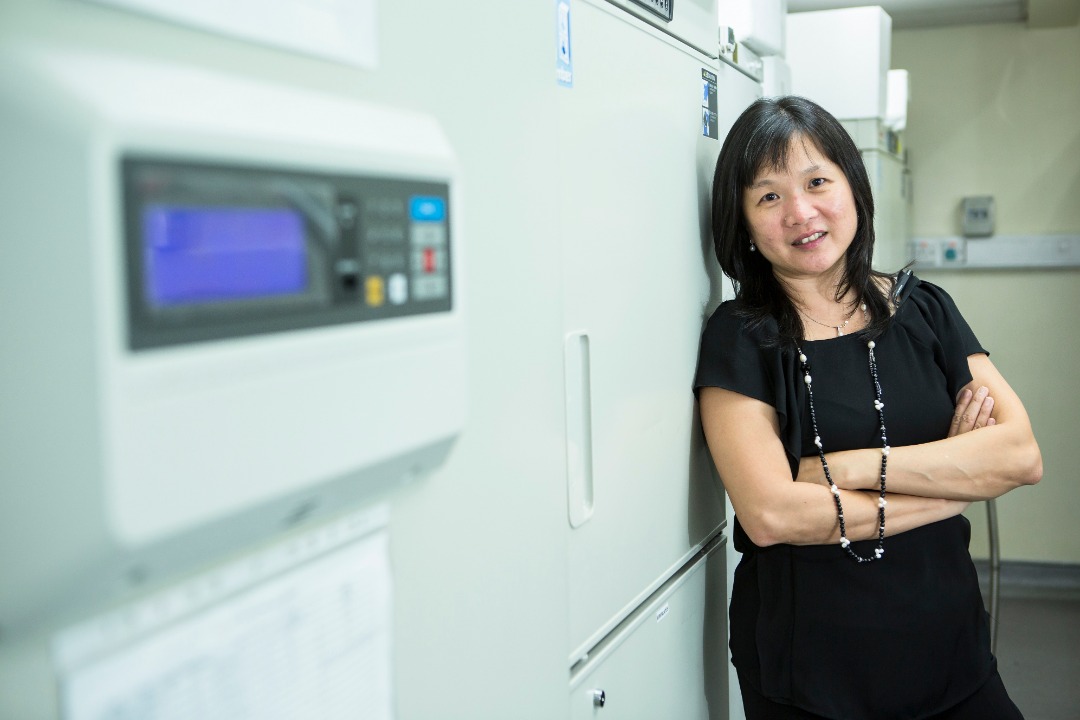KUALA LUMPUR, March 12 — Did you know that there are more than three billion alphabets in our genomes, and just a single change in some genes like BRCA1 could put you at a higher risk of breast cancer?
But which of the 22,000 genes in a human genome are linked to cancer risk, who has these genetic changes and what should you do if you have them?
The University of Cambridge just released the world’s largest study on genes that cause an increased risk for breast cancer, with a significant part of the Asian research led by researchers at Cancer Research Malaysia, University Malaya, Subang Jaya Medical Centre and seven hospitals in Singapore.
“It is a huge milestone for cancer research worldwide and in Asia. There are over 113,000 participants from different countries, including a substantial number of Asian women, made possible because of our collaboration with Malaysian and Singaporean hospitals,” Prof Dr Teo Soo Hwang, chief scientific officer at Cancer Research Malaysia said. “The sheer sample size of the study provides more accurate estimates for patients to understand their breast cancer risk, as well as suitable prevention options for them and their family,”
“Previously, genetic tests for cancers and other diseases were offered to patients sometimes without any genetic counselling or without a complete understanding of what recommendations to take forward in terms of prevention and screening. Our study is highly important as it analysed the 34 genes commonly found in gene panel tests, narrowing it down to just 12 genes associated with breast cancer risk,” she added.
“We also discovered that Asians are just as likely as Caucasians to have these faulty genes, but we have a significantly lower 45 – 65 per cent lifetime risk of developing breast cancer, compared to Caucasians at 65 – 87 per cent. This means screening and prevention recommendations may need to be tailored differently for Asian women.”
The study, called BRIDGES, which stands for Breast Cancer Risk after Diagnostic Gene Sequencing, was published in the New England Journal of Medicine, and its findings will inform doctors, clinicians and even companies that offer genetic tests, on the right set of genes associated with breast cancer risk, to better serve patients and their families.
For Asian women who have a family history of breast or ovarian cancer, knowing their lifetime risk is lower could mean making different decisions about prevention, in consultation with a specialist.
The BRIDGES study was led by Prof Easton, director of the Centre for Cancer Genetic Epidemiology, University of Cambridge. The research focuses on finding ways to improve the early detection of cancer, by enabling individuals with inherited risk to cancer to have accurate information about their risk and the screening that is appropriate for them.
Previously, much of the research focuses on European populations, where there have traditionally been better resources for medical research. But this type of information may be particularly important in low and middle-income countries where the funding and infrastructure may not be able to support screening for every woman.
This collaborative study applies this knowledge to the Asian population, so that disparities in cancer research can be addressed.
The Malaysian component of the study is critical for life-saving early detection, as there currently isn’t enough cancer research being done on Asian genes.
This was made possible thanks to the support of research grants and charitable funding from the Wellcome Trust, Yayasan Sime Darby, Yayasan Petronas and the Estee Lauder Group of Companies.








